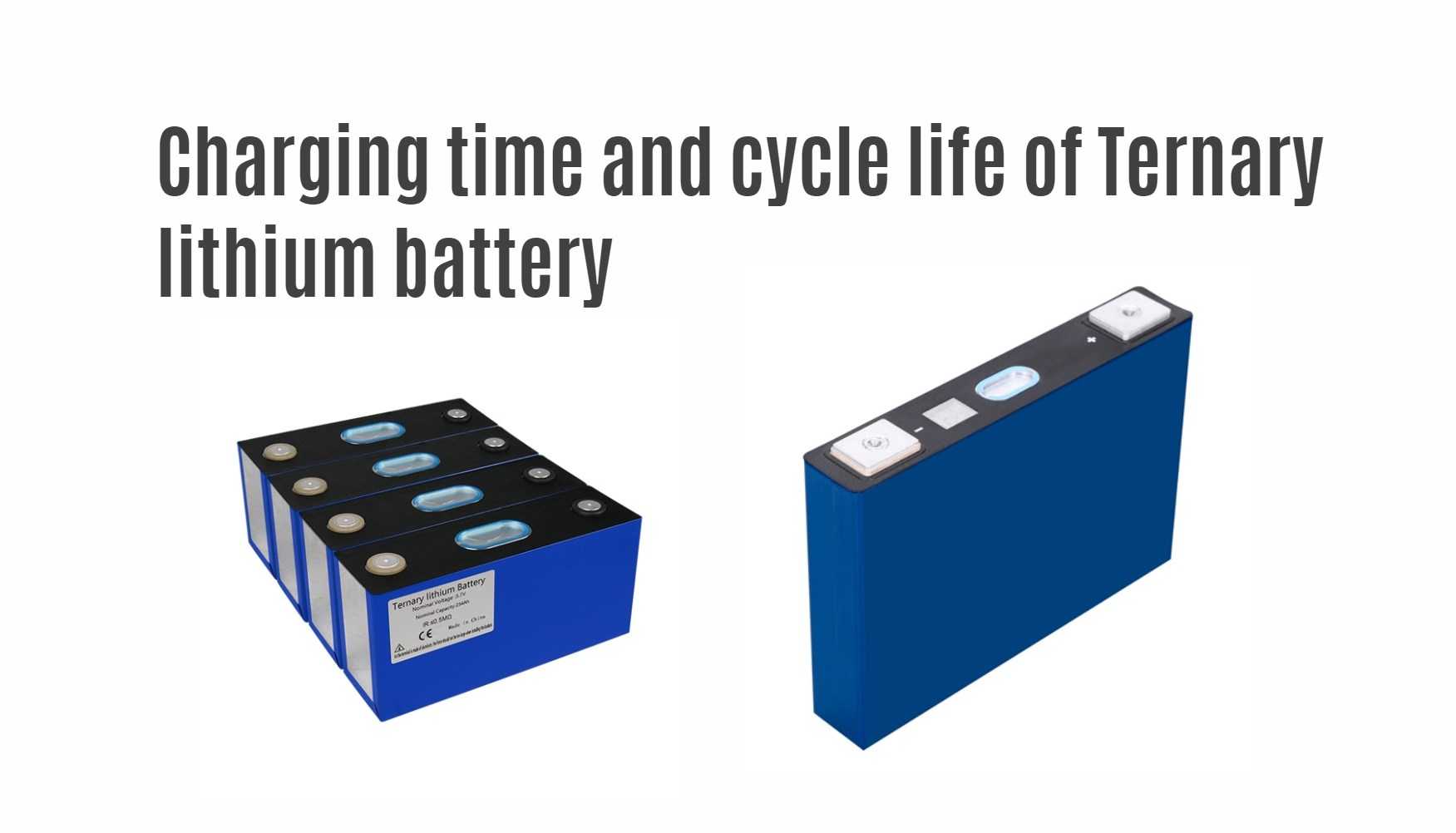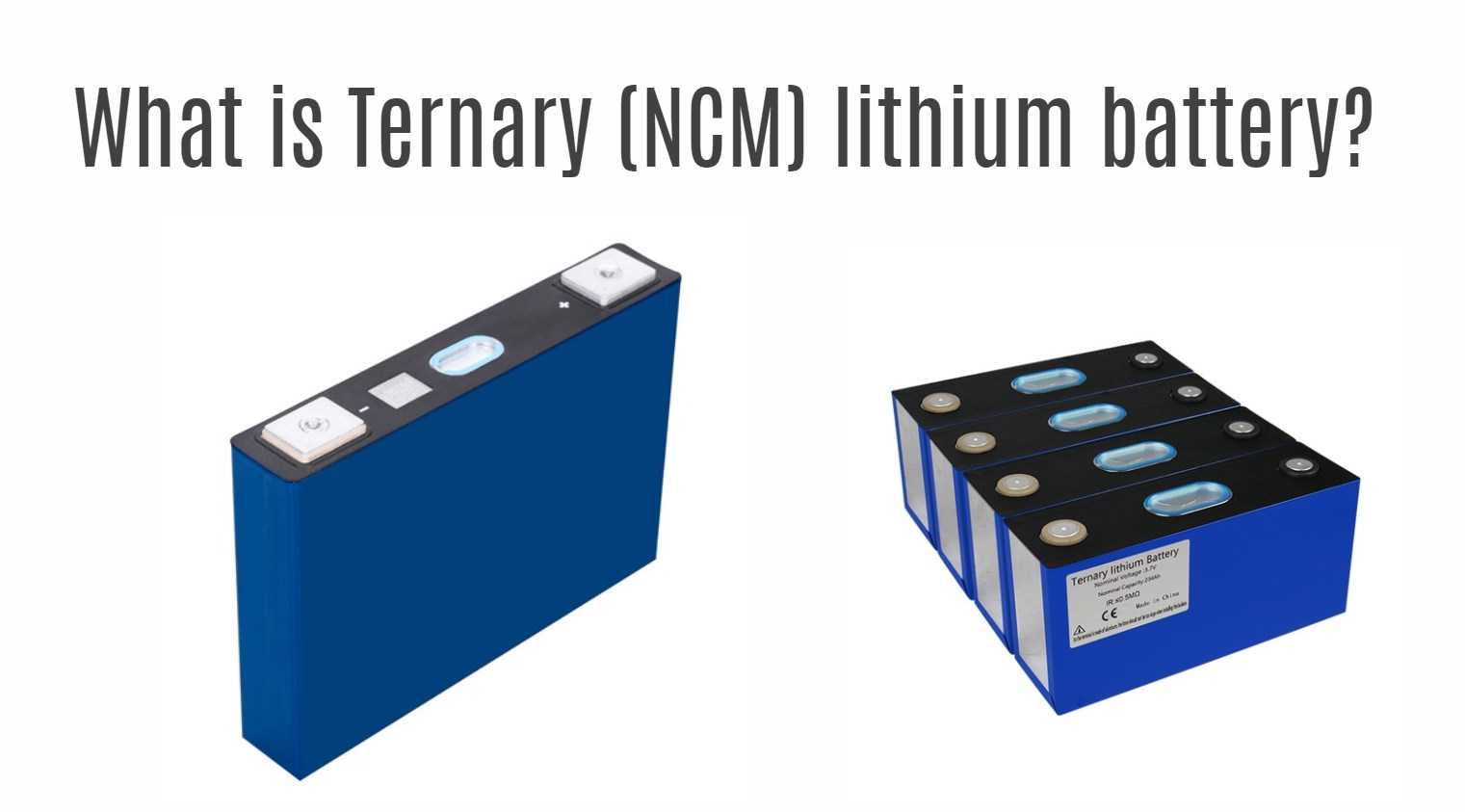Are you tired of constantly charging your phone or laptop? Do you want to know more about Ternary lithium batteries and how they can improve your device’s lifespan and performance? Look no further! In this blog post, we’ll dive into the world of Ternary lithium batteries and explore their charging time and cycle life. From understanding the science behind battery chemistry to practical tips on prolonging battery life, we’ve got you covered. So sit back, relax, and let’s learn together!
What is Ternary (NCM) lithium battery?
Ternary lithium batteries, or ternary lithium-ion batteries, represent a rechargeable battery type employing a cathode material composed of three distinct transition metal elements, denoted by the term “ternary.
Composition and Crucial Role of the Cathode:
Wholesale lithium golf cart batteries with 10-year life? Check here.
- Cathode Significance:
- The cathode, functioning as the positive electrode in lithium-ion batteries, plays a pivotal role in determining overall battery performance.
- Ternary cathodes typically incorporate three metals: nickel (Ni), manganese (Mn), and cobalt (Co), blended in varying ratios to create a ternary compound.
Exploring Ternary (NCM) Lithium Batteries: Pros, Cons, and Tips:
- Improved Energy Density:
- Ternary lithium batteries are distinguished by enhanced energy density, resulting in increased capacity and prolonged battery life.
- Widely applied in devices like electric vehicles, portable electronics, and energy storage systems, these batteries offer high energy density and reliable performance.
Understanding the composition and advantages of ternary lithium batteries is essential for their effective utilization across diverse technological applications.
Want OEM lithium forklift batteries at wholesale prices? Check here.
What is a lithium battery?
Lithium batteries, renowned for their lightweight design and high energy density, play a crucial role in powering various electronic devices. Let’s explore their key advantages and considerations.
- Lightweight and Portable:
- Lithium batteries stand out for their lightweight nature, making them the preferred choice for portable electronic devices.
- Ideal for applications like cell phones and laptops due to their weight efficiency.
- High Energy Density:
- The superior energy density of lithium batteries allows them to store more energy per unit weight.
- This characteristic enhances their capacity to power electronic devices effectively.
- Efficient Power Source:
- Lithium batteries boast a higher voltage compared to other battery types, contributing to increased efficiency in powering electronic devices.
- Widely utilized in electric vehicles for their effectiveness in delivering power.
Despite these advantages, it’s essential to note that lithium batteries come with a higher cost and require careful handling to mitigate potential safety risks.
What is the difference between a lithium battery and other types of batteries?
Unlike many traditional batteries with liquid electrolytes, lithium batteries offer a safer and more reliable energy storage solution. Let’s explore the key advantages that set them apart.
- Solid Electrolyte for Safety:
- Lithium batteries utilize a solid electrolyte, enhancing safety by eliminating the risk of leakage, corrosion, or swelling.
- This feature ensures a secure and stable operation, reducing potential hazards associated with liquid electrolytes.
- No “Memory Effect”:
- Unlike some battery types, lithium batteries do not suffer from the “memory effect.”
- Users can charge and discharge lithium batteries more times without experiencing a loss in capacity, providing long-lasting and reliable performance.
In summary, the solid electrolyte and absence of memory effect make lithium batteries a dependable and user-friendly choice for various applications.
How long does it take to charge a lithium battery?
Charging a lithium battery involves a time commitment influenced by its capacity and the charger specifications. Additionally, the cycle life, or the number of charge-discharge cycles a battery can endure, varies based on usage and care.
- Charging Time:
- A standard lithium battery typically takes around 3 hours to charge, with variations based on the battery’s capacity and the charger’s output.
- As an example, a 2500 mAh battery can be charged in approximately 30 minutes using a 5A charger.
- Cycle Life:
- The cycle life of a lithium battery is commonly around 1000 cycles, though this number depends on factors like battery type, usage patterns, and maintenance.
- Regular charging and discharging reduce the cycle life, emphasizing the importance of proper care for prolonged battery performance.
In summary, understanding the charging time and cycle life variations enhances the effective use of lithium batteries in diverse applications.
How many times can you charge and discharge a lithium battery?
The Ternary lithium battery can be charged and discharged many times before it needs to be replaced. The number of times it can be charged and discharged will depend on the type of battery, how it is used, and how well it is maintained.
What are the benefits of using a lithium battery?
Lithium batteries have many benefits over other types of batteries. They are lighter weight, have a higher energy density, and can be charged faster. They also have a longer cycle life, meaning they can be used more times before needing to be replaced. Lithium batteries are also more environmentally friendly than other types of batteries.
Are there any disadvantages to using a lithium battery?
Lithium batteries have a few disadvantages when compared to other types of batteries. For one, they can be more expensive. Additionally, they require careful handling as they are more delicate and can be damaged easily if not treated properly. They also have a shorter lifespan than some other types of batteries and need to be replaced more often. Finally, lithium batteries can pose a fire hazard if not used correctly.







